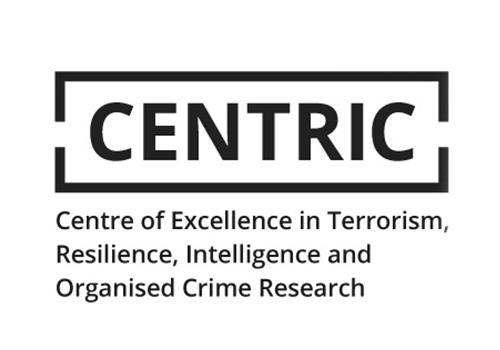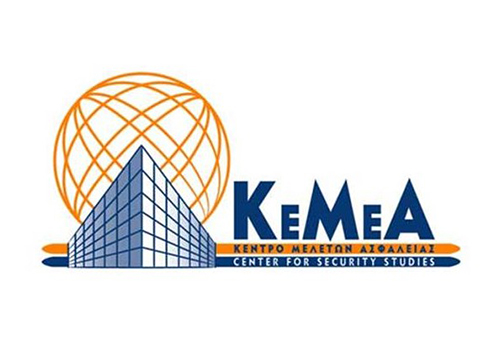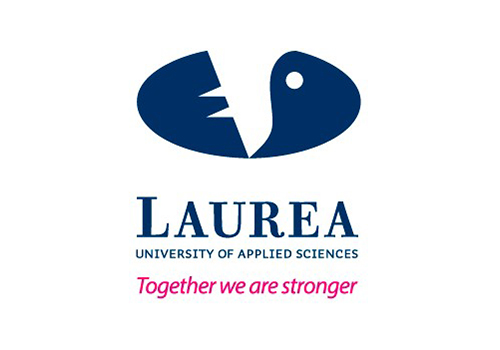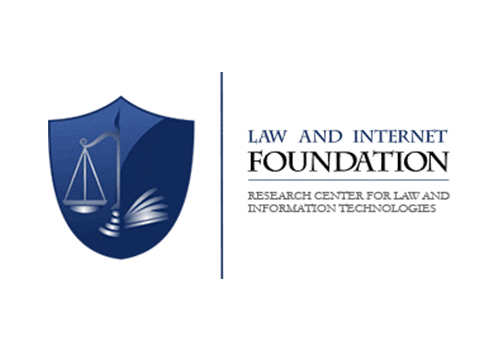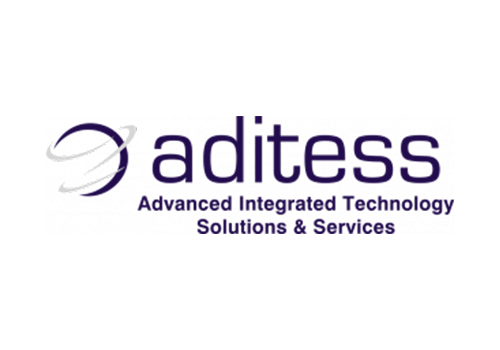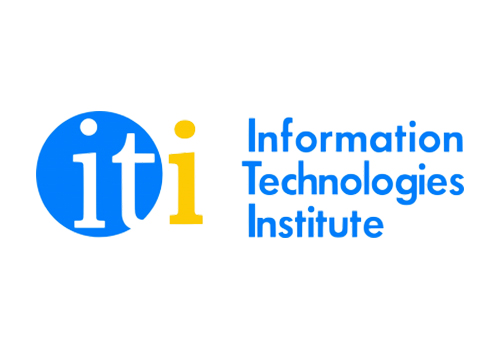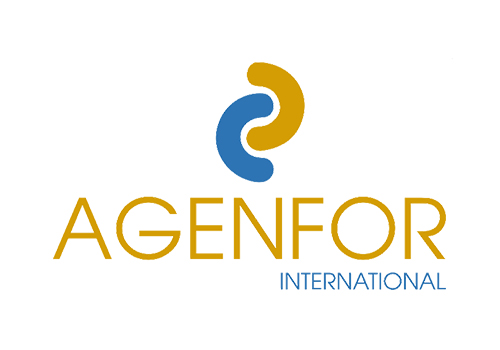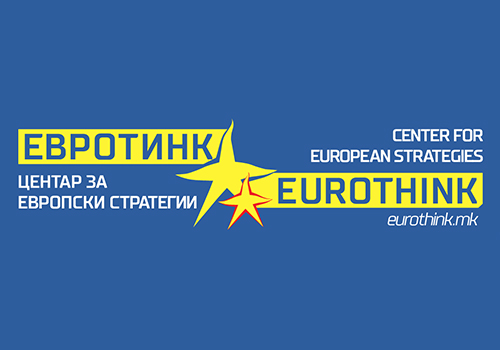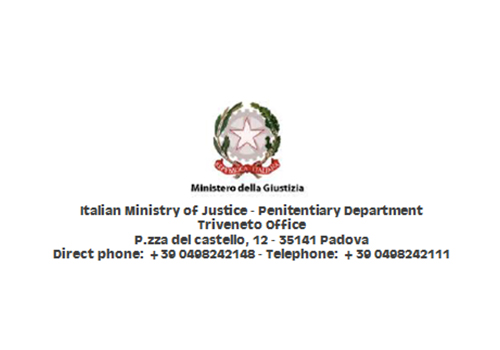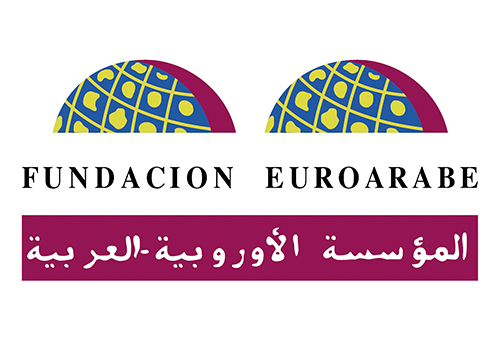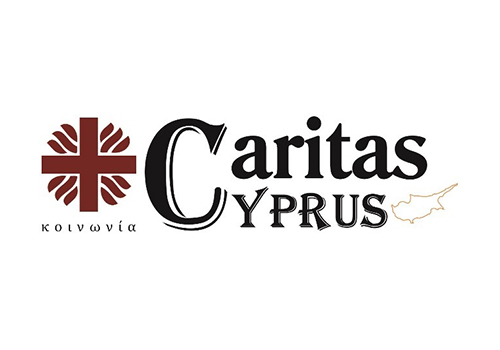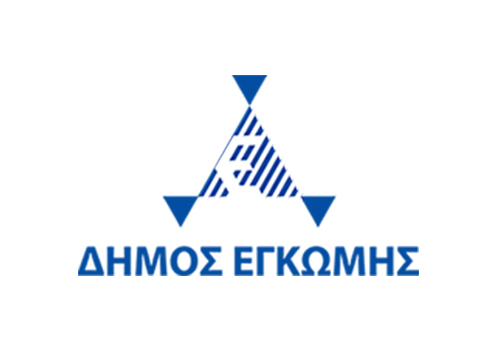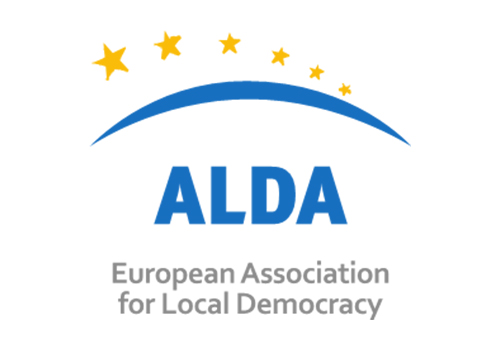Co-Creation
MIICT is based up on the concepts of co-design and co-creation. Within the project we want to ‘co-create’ ICTs with our intended users; migrants, refugees, and those who provide access to key public services - including healthcare, welfare and employment. The entire end-to-end process will rigorously follow a co-creation approach to ensure that migrants, refugees and public-sector service providers are deeply ingrained within our participatory design process. The approach will ensure that the needs of migrants and public service organisations are identified, analysed and eventually met!
Testing & Validation
Our co-created ICTs will be demonstrated and rigorously tested against a number of true-to-life case-studies in our end-user countries; Italy, Cyprus and Spain. Our sustained service delivery process will run for a period of six months and will test the operational utility of our tools in a live environment. The combination of user-centric design approach with elements of the ‘agile’ approach to software development will enable rapid-prototyping and sustained pilot testing to ensure that the solutions co-created throughout the duration of the project deliver value, meeting the social, economic, cultural and technological needs of the project’s stakeholder pool; primarily public service providers and the migrant citizens accessing those services.
Project Vision
Our vision is to better understand the experiences of migrants towards the delivery of new empirically grounded and ICT-enabled tools that help migrants and refugees access vital public services. We believe that by involving those groups, alongside service provides and NGOs at the centre of our design and development processes we can significnatly improve the experiences of migrants and ease access to things such as healthcare, welfare and employment.
The MIICT Project
In order to promote inclusion and reduce the potential for discrimination and bias, the system acts as a firewall, meaning only information pertinent to the specific task of the public authority is visible, removing elements such as gender, ethnicity and age in circumstances where they have no relevance, removing opportunities for discrimination and unconscious bias.
Previous research has established that issues of integration, discrimination, employment (and unemployment), incapacity support and education rank highly among migrants of varying demographics; including different age groups, genders, education levels and immigration status. Factors such as autonomy, perception, culture and history, as well as institutional constraints shape the dynamics and experiences of migrants and highlight the complexity of the migration process. This complexity is also said to indicate diversity in the migration and integration process as a result of the almost infinite combination of factors that may impact upon migrants’ experiences; influenced by the relationships between the economic, social, political and cultural factors that exist across a given juncture.
Using a co-design approach, MIICT will design, develop and deploy bespoke solutions that address; a) the management of migrant integration, b) the customisation of services to match migrants’ needs, and c) the need for sustained and improved inclusion of migrants. This evidence-based and inclusive software solution aims to improve labour market access, matching individuals with jobs and development opportunities based upon their specific and unique contexts.
MIICT is grounded in the principles of co- design. Through the participation of multi-disciplinary stakeholders MIICT will design, develop and deploy processes to ensure the identification of needs and requirements from both the perspectives of migrants, public sector services and NGOs. The collaboration of cross-disciplinary expertise from academia, industry and the private-sector in the development of digital-services will realise improved service delivery, demonstrated through a rigorous piloting and evaluation process conducted across the EU. MIICT aims to provide migrants and refugees with access to key public services, public agencies and NGOs with ICT enabled services and the necessary agency to take advantage of those services.
About MIICT
MIICT (ICT Enabled Services for Migration) was conceived with the goal of designing, developing and deploying tools that address the challenge of migrant integration. In service of this goal, the project undertakes to co-create improved ICT-enabled services with migrants, refugees, public sector services, NGOs (Non-Governmental-Organisations) and other interest groups. By involving research-users at the centre of our approach we address the need to improve and customise the interfaces used to access key public services so that they better address the requirements of migrants and refugees.

Project Office

The MIICT Project
MIICT (ICT Enabled Services for Migration) was conceived with the goal of designing, developing and deploying tools that address the challenge of migrant integration. In service of this goal, the project undertakes to co-create improved ICT-enabled services with migrants, refugees, public sector services, NGOs (Non-Governmental-Organisations) and other interest groups. By involving research-users at the centre of our approach we address the need to improve and customise the interfaces used to access key public services so that they better address the requirements of migrants and refugees. To achieve this MIICT has undertaken the development of a system to capture the specific socio-cultural, economic and legal contexts of migrants; information that can be shared with public authorities.


